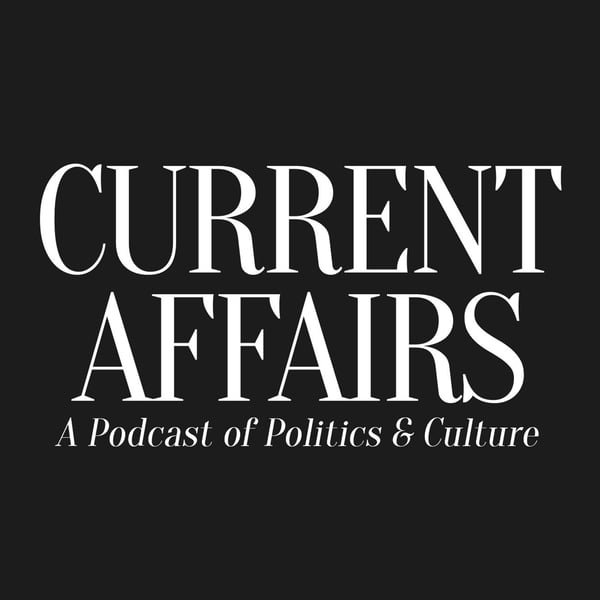How Socialists Took Over The Cities (w/ Shelton Stromquist)
Current Affairs
Current Affairs
4.4 • 645 Ratings
🗓️ 18 December 2023
⏱️ 35 minutes
🧾️ Download transcript
Summary
Transcript
Click on a timestamp to play from that location
| 0:00.0 | Welcome to Current Affairs. My name is Batha Robinson. I'm the editor in chief of Current Affairs Magazine. I am joined today by Shelton Stromquist. He is Emeritus Professor of History at the University of Iowa, and he is the author of the new book, |
| 0:39.0 | Blaming the City, a global history of workers' fight for municipal socialism. |
| 0:46.4 | Professor Strongquist, thank you so much for joining us on Carter Harris. |
| 0:49.4 | Very delighted to be here, yeah. |
| 0:51.0 | So the story of the history of socialism is often told as a, as a |
| 0:57.2 | history of movements in countries. You bring it down to the local level. And you tell us stories |
| 1:07.2 | that aren't often told. The stories about people who got elected to city councils, |
| 1:13.7 | the stories about mayors. You tell us a history of socialism that we might not have heard before. |
| 1:20.5 | In fact, you quote, you have a quote from about 1910 from, I think it's Italian socialists, |
| 1:25.6 | saying it's about little struggles, humble battles that |
| 1:28.6 | would make an outside observer laugh. I kind of loved that quote. So where do we begin the |
| 1:34.8 | history of municipal socialists? When was it that socialists started infiltrating city government? |
| 1:40.7 | Well, I, you know, there were incidental cases, certainly over the course of the |
| 1:47.2 | 19th century in different contexts. But I think the story really begins or gains momentum, |
| 1:52.8 | certainly, and takes on an identity in the 1890s, late 80s, early 90s. And it's really a global |
| 1:59.6 | phenomenon. And that's one of the reasons that I |
| 2:02.2 | ended up kind of casting this as a global story, because what's remarkable is that this new |
| 2:09.9 | kind of politics, this grassroots politics focused on cities and city life really emerges |
| 2:17.2 | simultaneously in many, many different countries. |
| 2:20.4 | You know, I love the term translocal in the sense that it's a kind of counterpoint to transnational. |
| 2:27.1 | And the emphasis here is that they saw themselves as part of a locally constituted international movement. And they were very much in touch with |
| 2:36.8 | each other and learning from each other and copying each other's political programs because |
... |
Please login to see the full transcript.
Disclaimer: The podcast and artwork embedded on this page are from Current Affairs, and are the property of its owner and not affiliated with or endorsed by Tapesearch.
Generated transcripts are the property of Current Affairs and are distributed freely under the Fair Use doctrine. Transcripts generated by Tapesearch are not guaranteed to be accurate.
Copyright © Tapesearch 2025.

